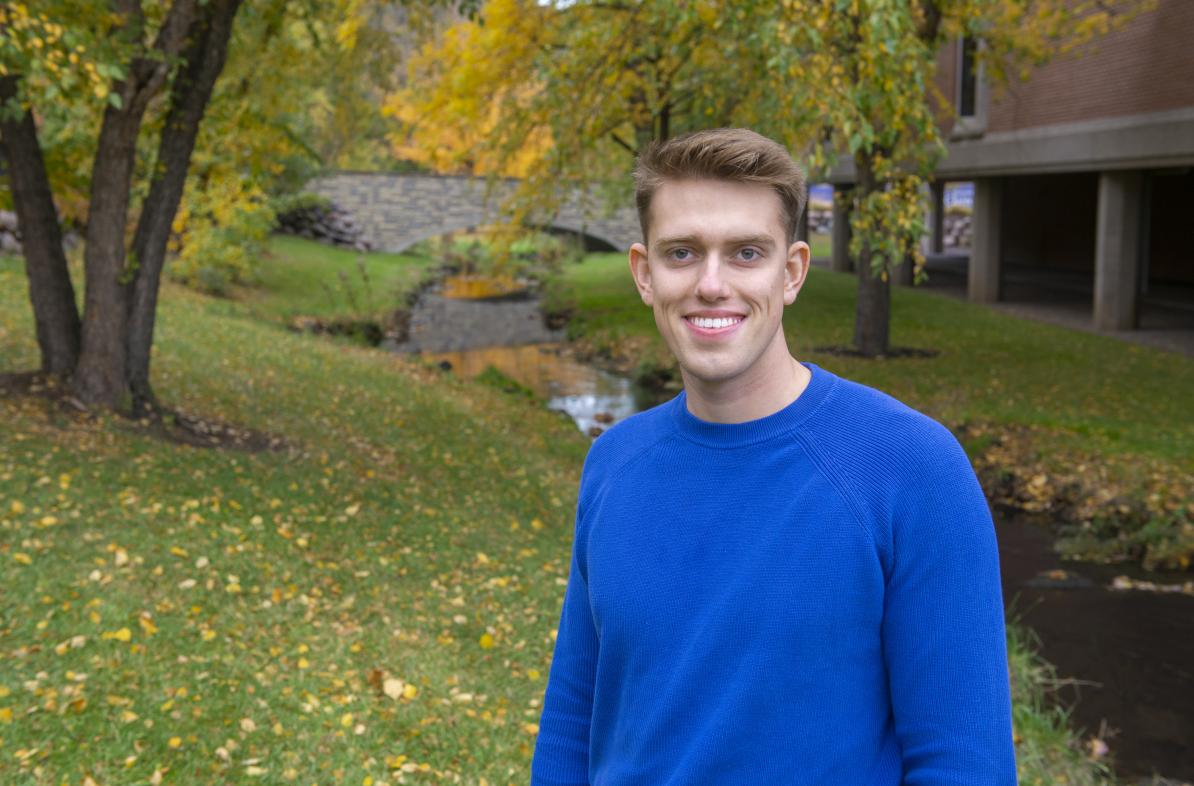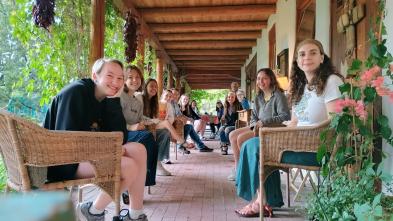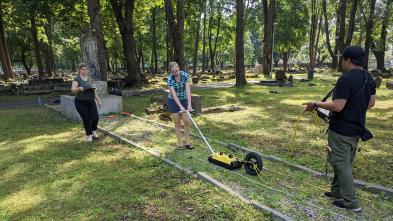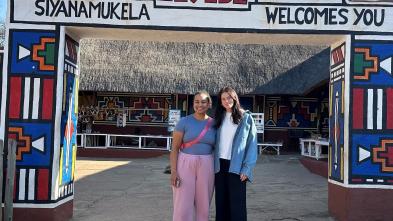ID

UW-Eau Claire’s new Sustainability and Climate Action Certificate program helping meet student interest, global need
Story Categories
Authored on
UW-Eau Claire’s new Sustainability and Climate Action Certificate program helping meet student interest, global need
Published on:
Intro text
Editor’s note: This is one in a series of stories about efforts by UW-Eau Claire’s Administrative Office of Sustainability to support sustainability and the value of stewardship on campus and in the community.
Sections
For the media
For the media
Image download


